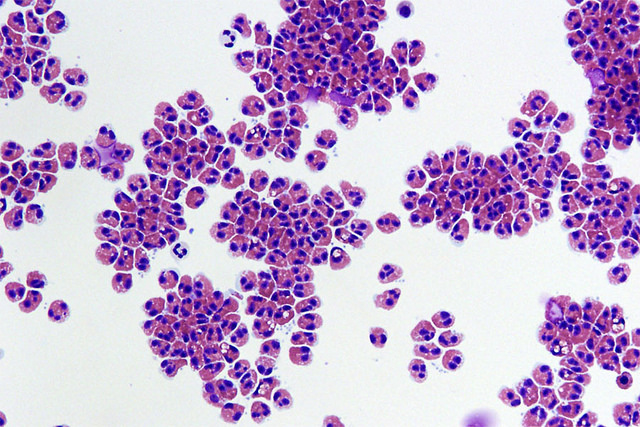Clinical investigations have demonstrated a link between use of the sulfone cyclooxygenase-2 (COX-2) inhibitor, rofecoxib, and increased risk for atherothrombotic events. This increased risk was not observed for a sulfonamide COX-2 inhibitor (celecoxib), indicating a potential non-enzymatic mechanism for rofexocib.
To test this hypothesis, researchers compared the independent effects of COX-2 inhibitors on human LDL oxidation,
an important contributor to atherosclerotic cardiovascular disease. The results showed that rofecoxib (100 nM) significantly decreased (>40%, p 35%, p .
Official Title
Sulfone COX-2 inhibitors increase susceptibility of human LDL and plasma to oxidative modification: comparison to sulfonamide COX-2 inhibitors and NSAIDs
Conditions
Study Type
Study Design
Further Details
For the full study, click here MasonAtherosclerosispaper[2].pdf.
Study Start
Eligibility & Criteria
Total Enrolment
Contact Details
All content and media on the HealthEngine Blog is created and published online for informational purposes only. It is not intended to be a substitute for professional medical advice and should not be relied on as health or personal advice. Always seek the guidance of your doctor or other qualified health professional with any questions you may have regarding your health or a medical condition. Never disregard the advice of a medical professional, or delay in seeking it because of something you have read on this Website. If you think you may have a medical emergency, call your doctor, go to the nearest hospital emergency department, or call the emergency services immediately.







